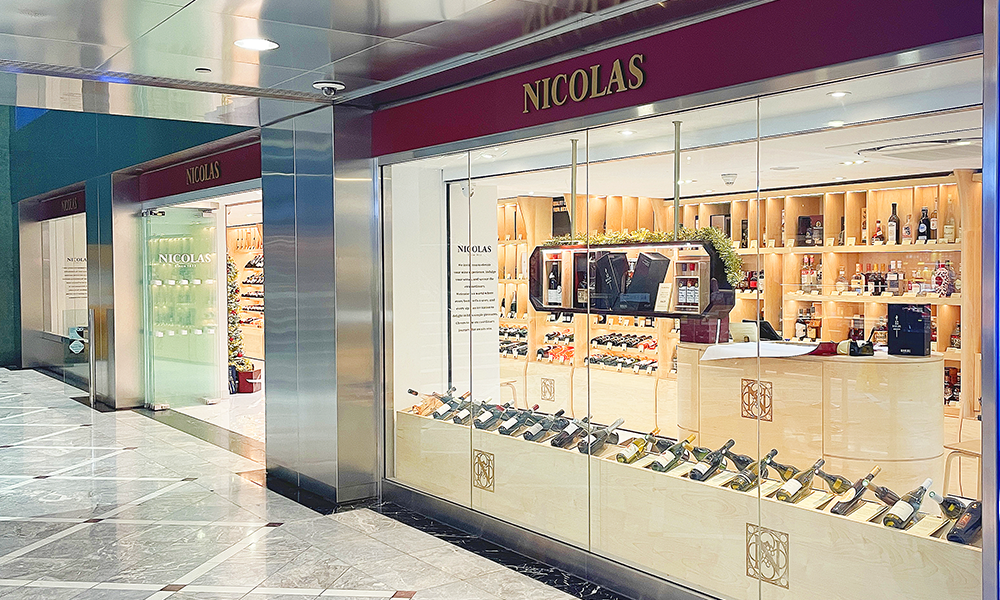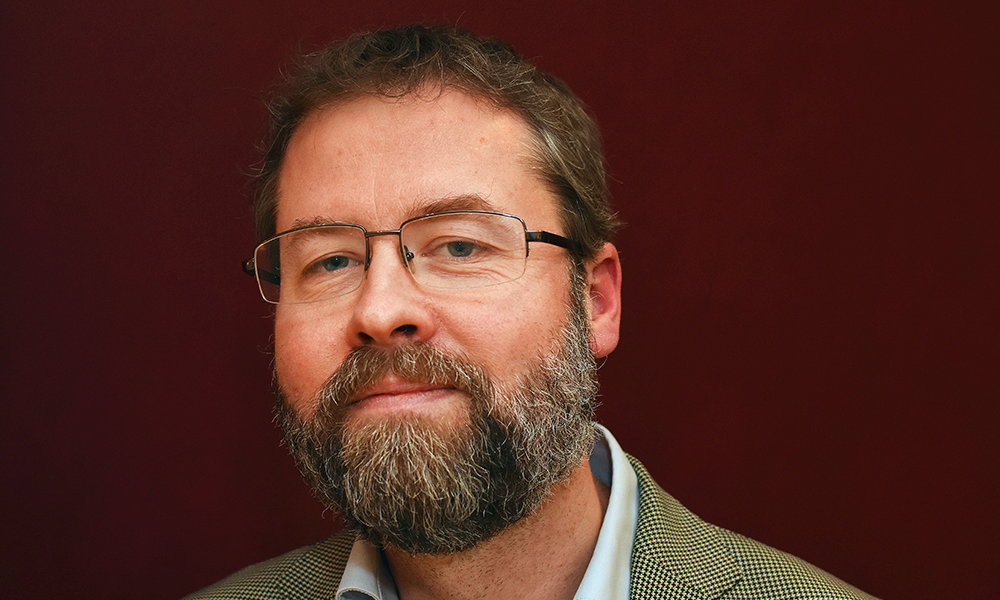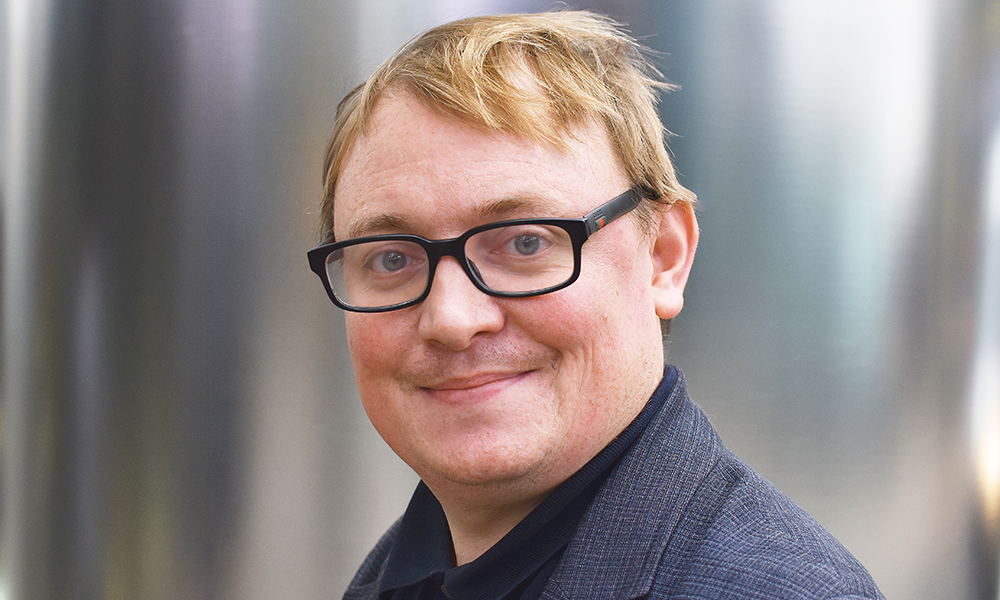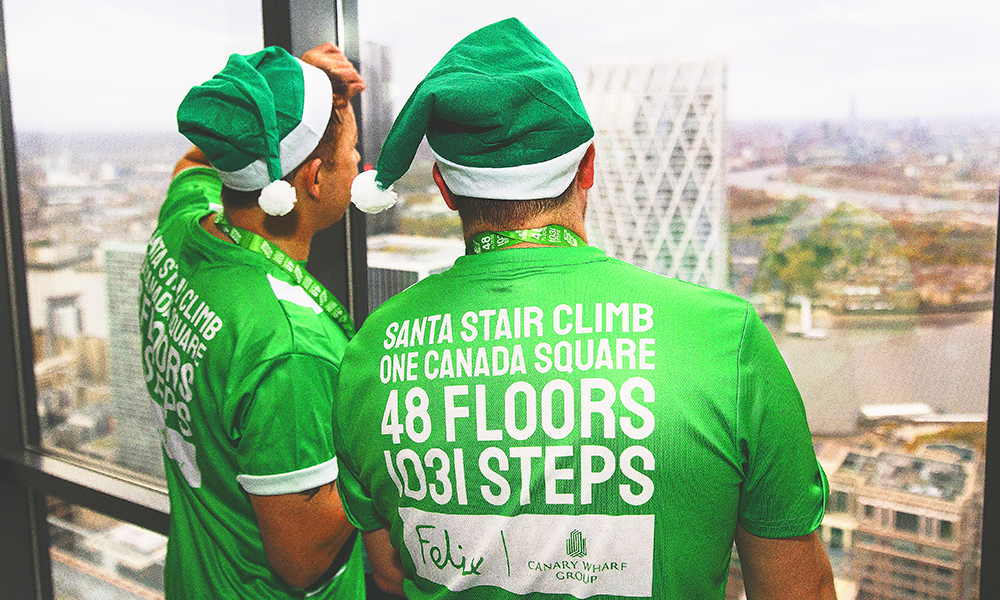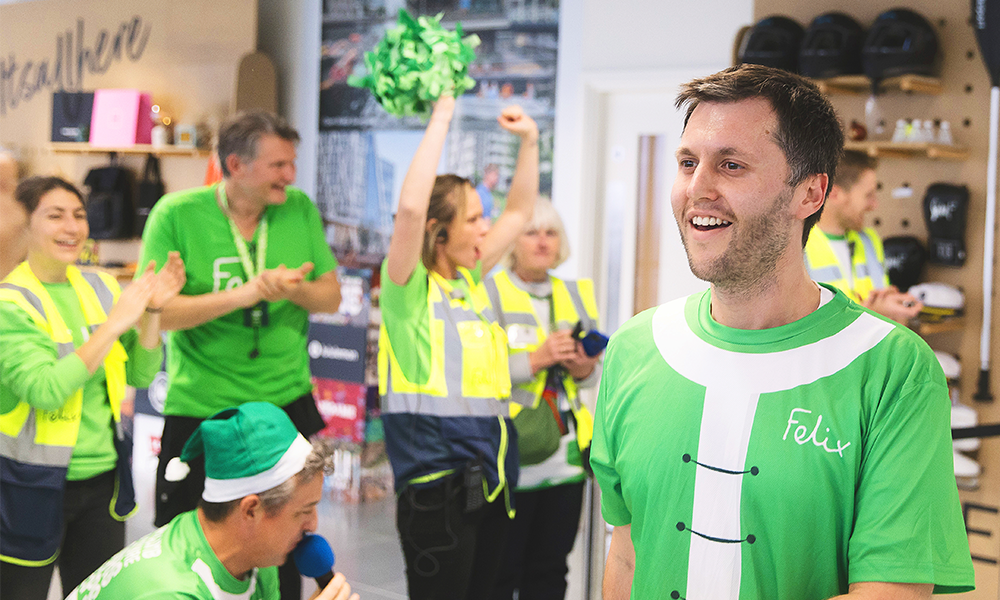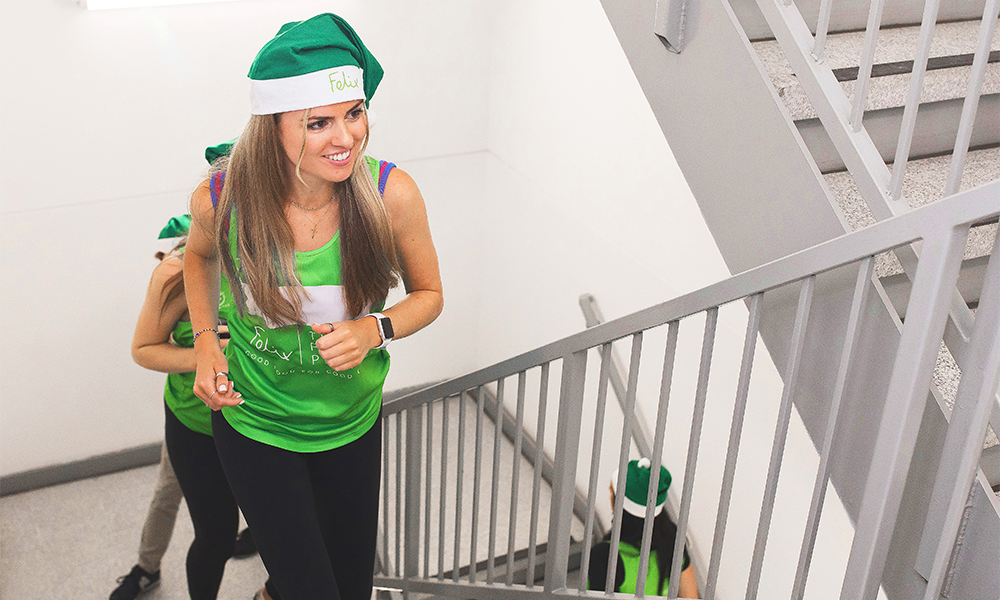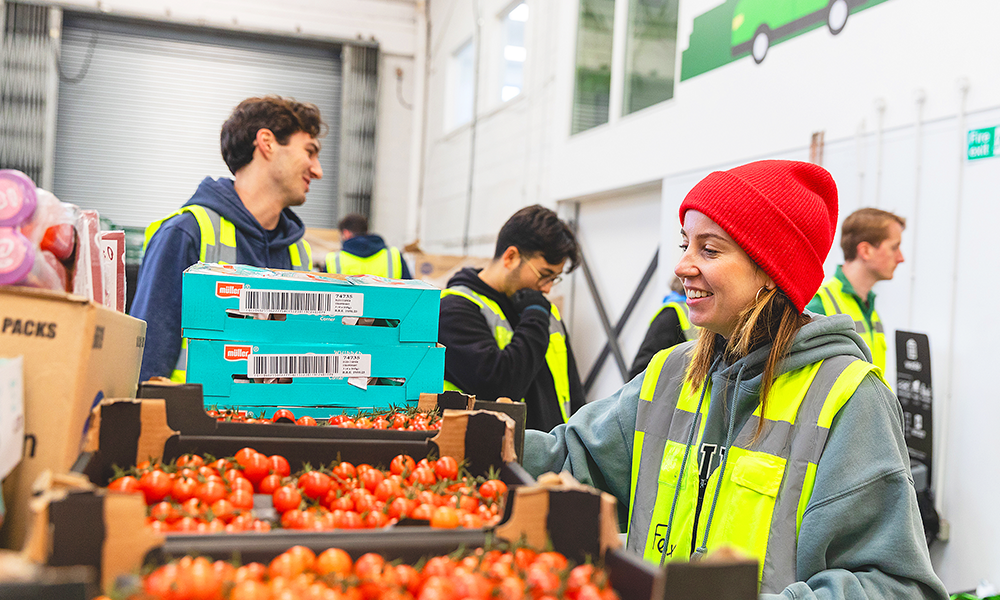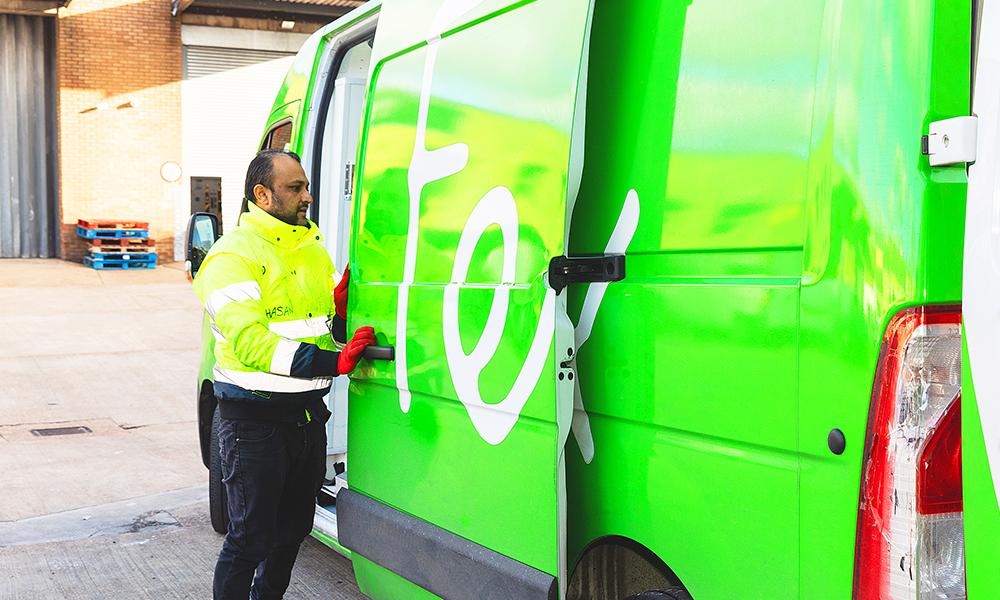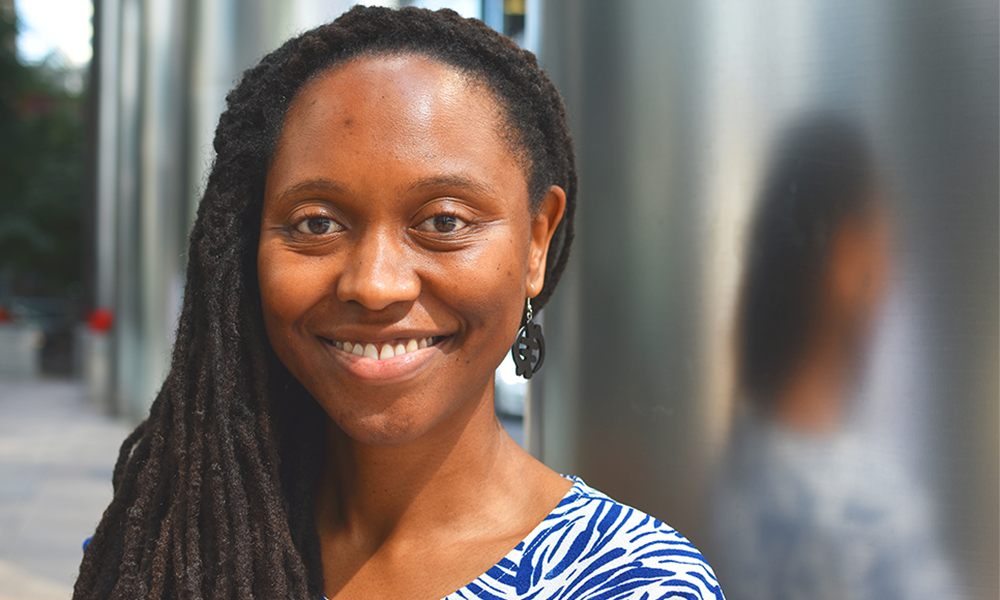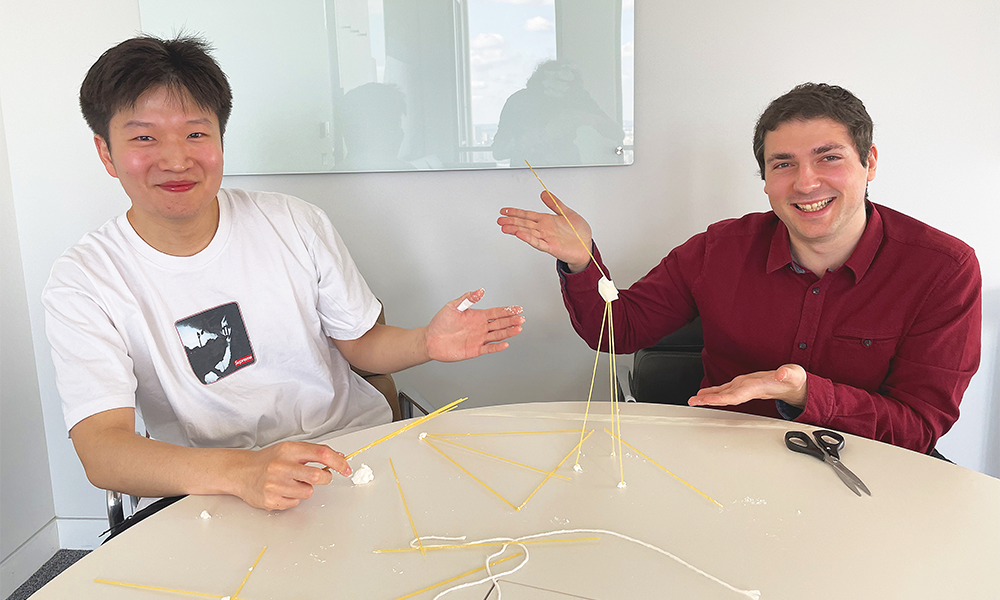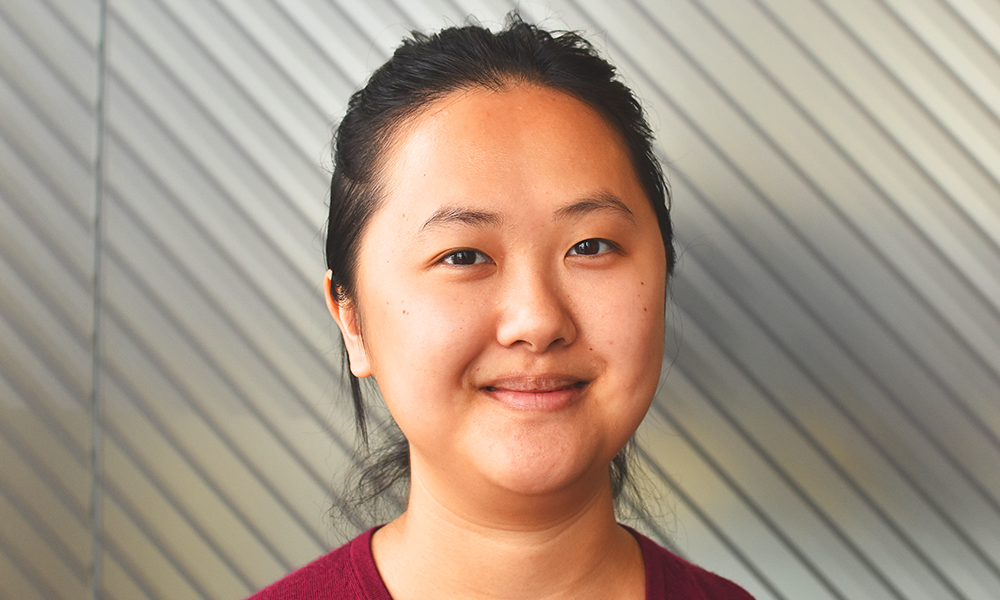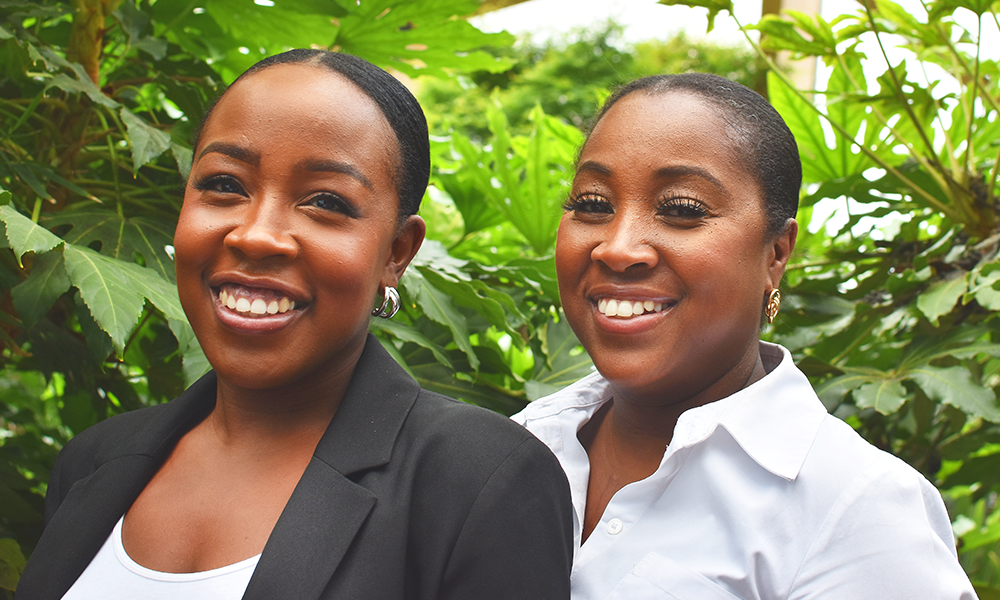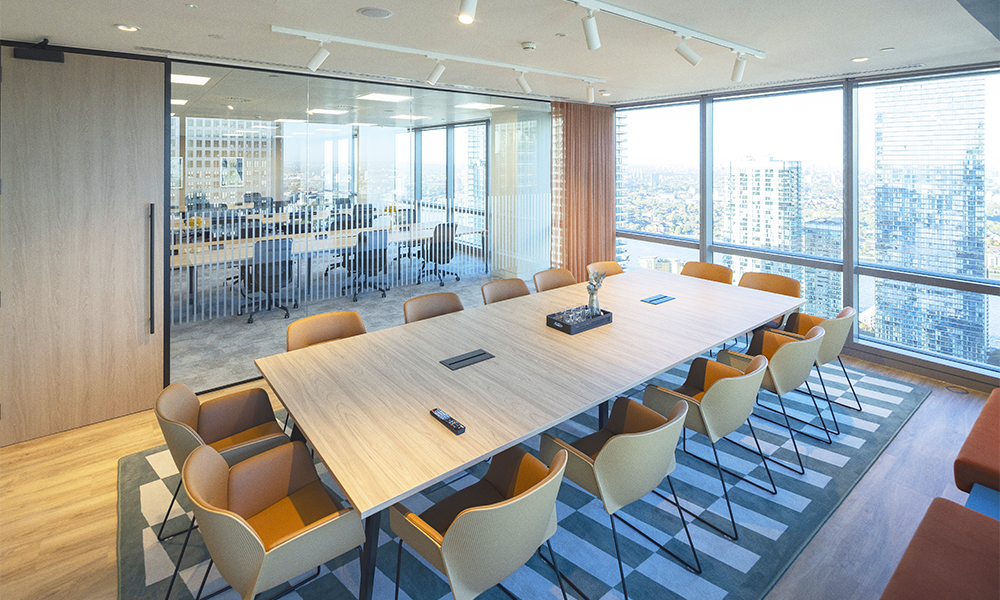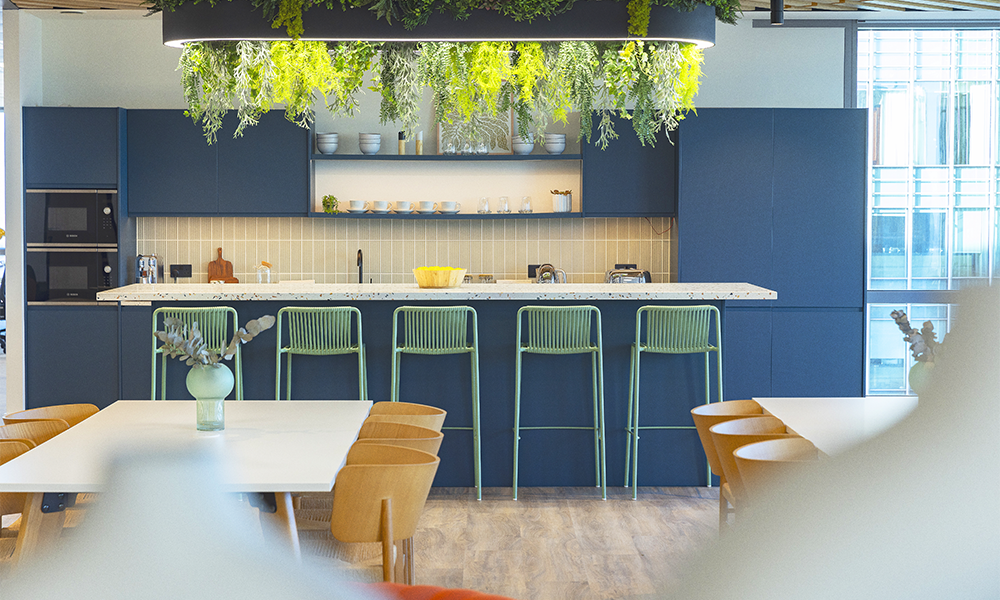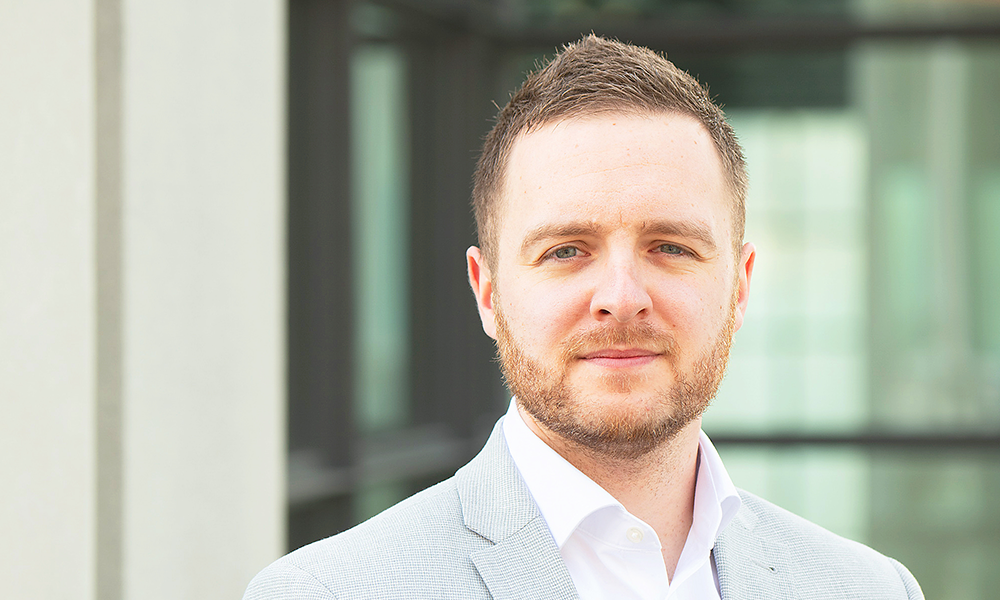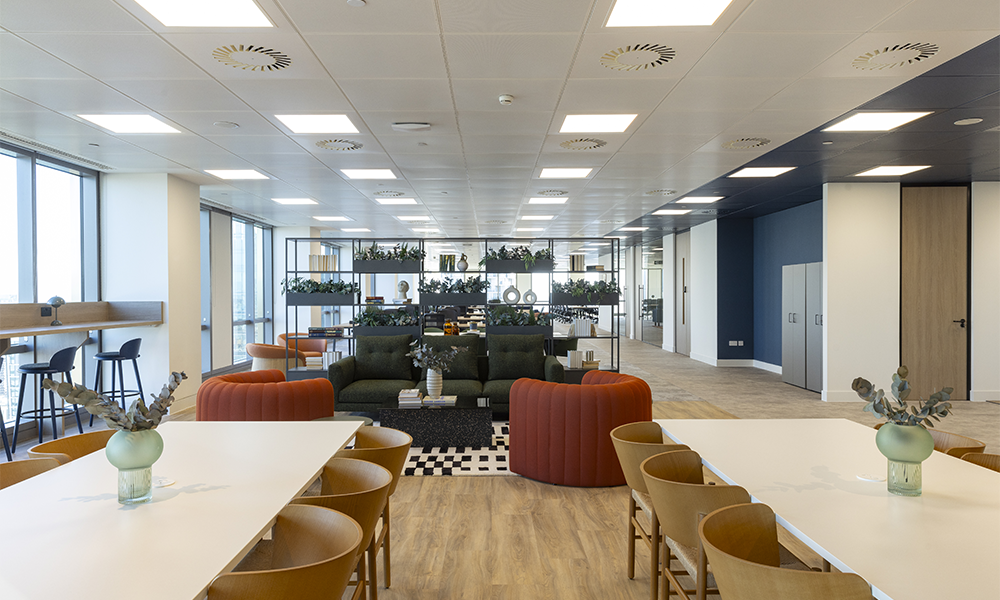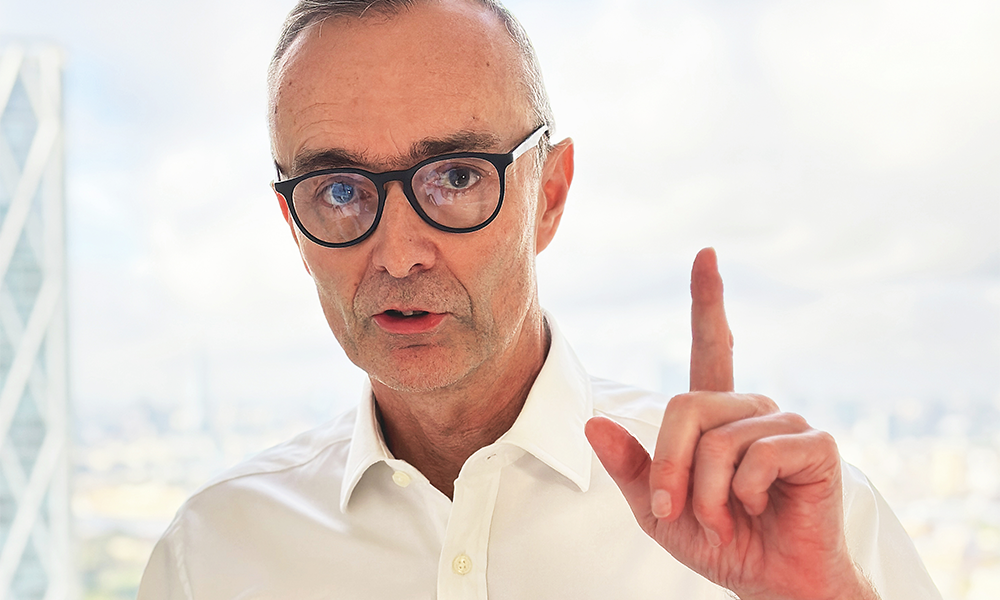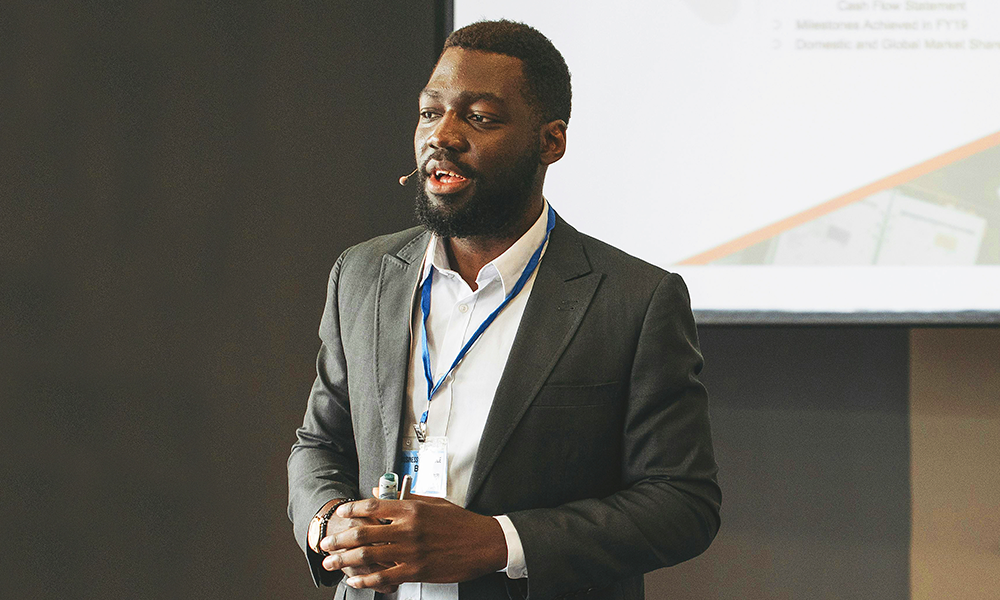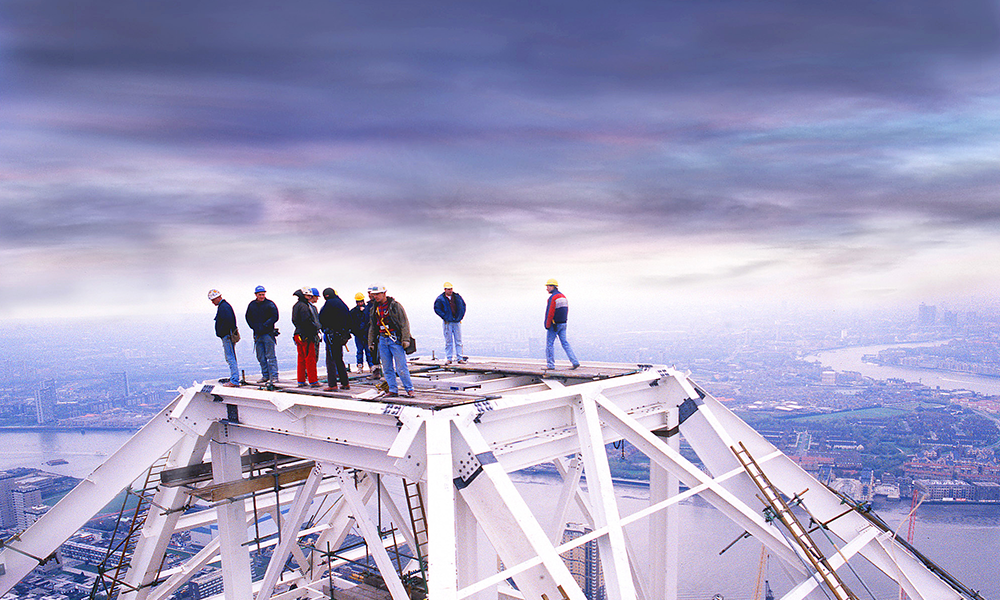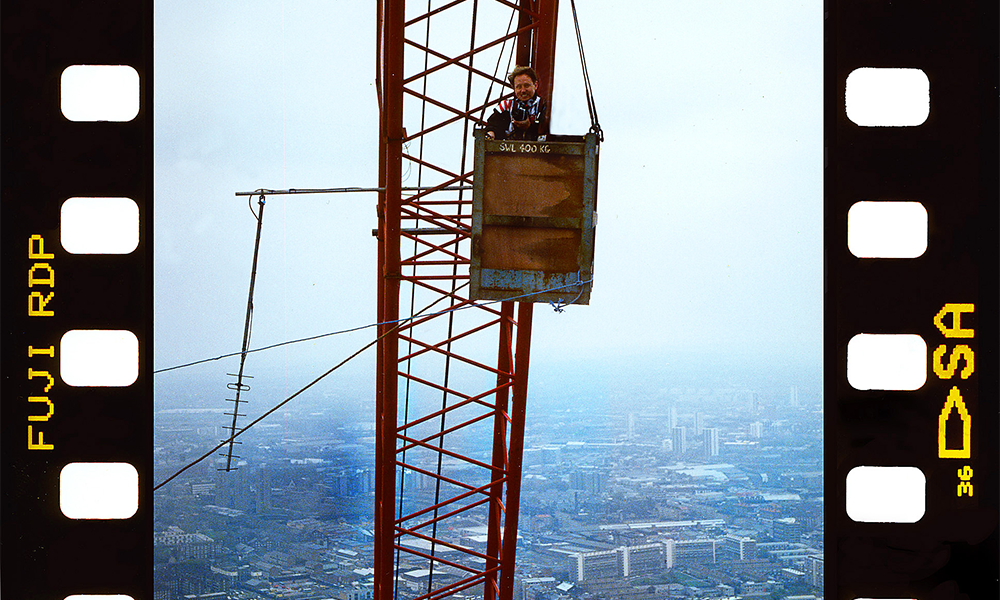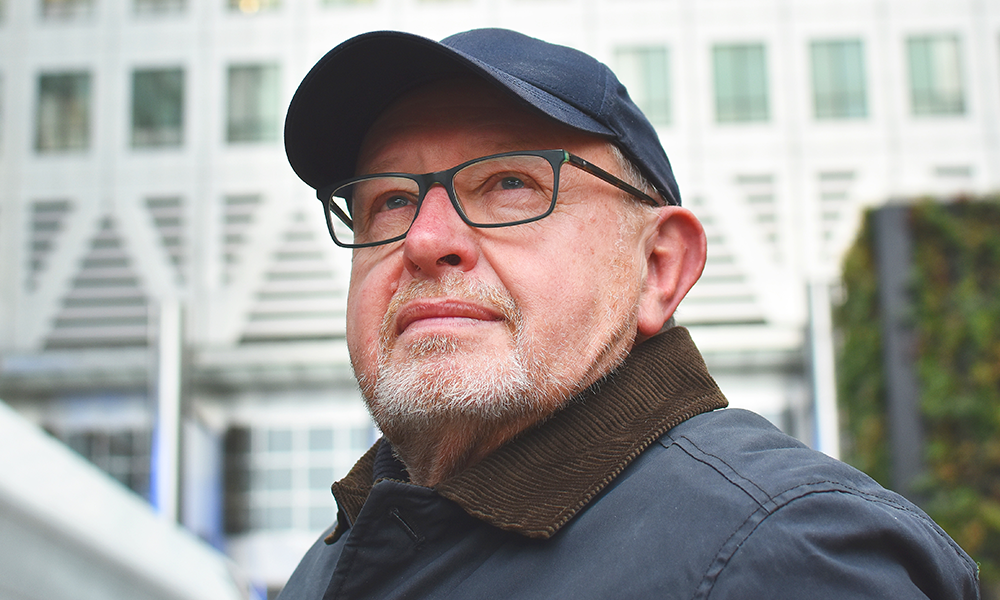The university is growing its east London presence with more space at One Canada Square and new student accommodation close to the estate
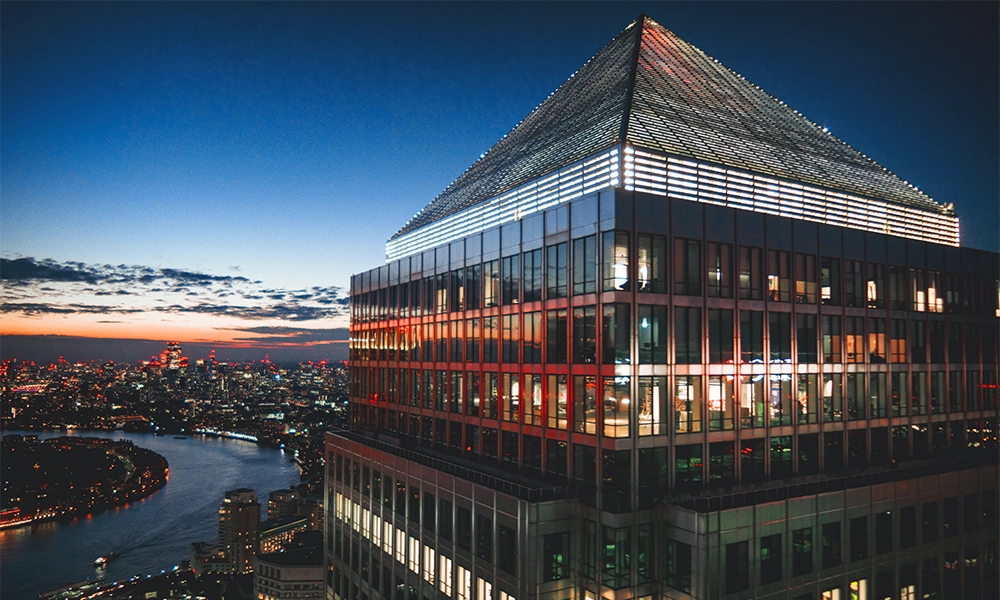
Subscribe to our free Wharf Whispers newsletter here
University College London’s School Of Management is a good example of one of the things people often get wrong about Canary Wharf.
While today financial services companies continue to play a major part in the life of the estate, its diversification that is driving it forward.
Alongside residential towers, space for construction firms, events companies and life sciences bodies, has been created.
Towers originally conceived to house trading floors have been retooled, done up and re-leased to all kinds of different organisations.
Even 10 years ago – when UCL’s school relocated to the 38th floor of One Canada Square, just one year after its creation – things were already changing.
The mixed development at Wood Wharf had won planning permission two years earlier and the estate was preparing to become a place to live as well as work and visit.
Having initially been attracted to the area’s status as a “major global business district”, UCL’s school has since grown into more space and developed its offering.
However, few – even today – might guess that the very highest floors of the Wharf’s landmark tower are occupied by academics and students rather than bankers.
The university announced earlier this month that, in addition to floors it already leases in One Canada Square – 38, 48, 49 and 50 – it would also be taking on 46 and 47 too, levelling up to a total of six.
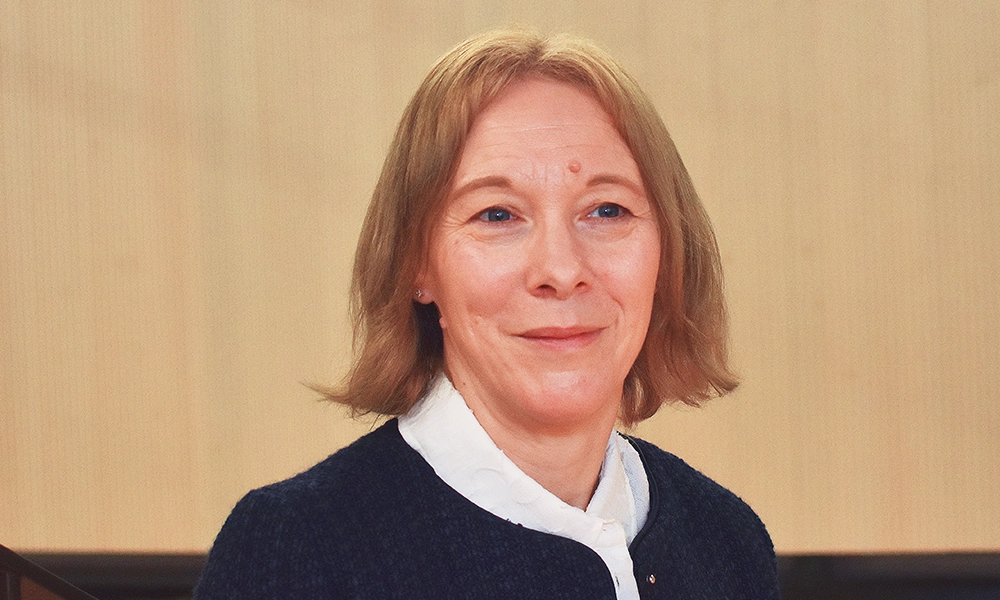
opening the spaces
“We’ll be opening up 48 this coming September and then the other two new floors the following year,” said Professor Susan Smith, a specialist in accountancy and deputy director for student experience at UCL School Of Management.
“Then we’ll have five floors all connected by a fantastic internal staircase.
“It’s really very exciting and we’re all going to get super fit.
“When we open level 47 we’ll also gain a terrace, which will act as one of our social spaces.”
When fully operational, the six floors together will accommodate the needs of some 4,000 students, all benefiting from the new facilities and spaces.
Susan said: “We’ll be adding a new Bloomberg room, extra classroom space and informal study facilities.
“We already have signs from the Tube to help people find their way here.
“We’ve worked with our architects and have managed to get what we want, in terms of additional teaching space, which is incredibly important for us.
“There will also be places for students to hang out between classes.
“That includes more fun additions like table tennis and a café so people can buy refreshments up here as well as using the kitchen facilities to make their own.
“Of course, there are many options downstairs in the malls too.”
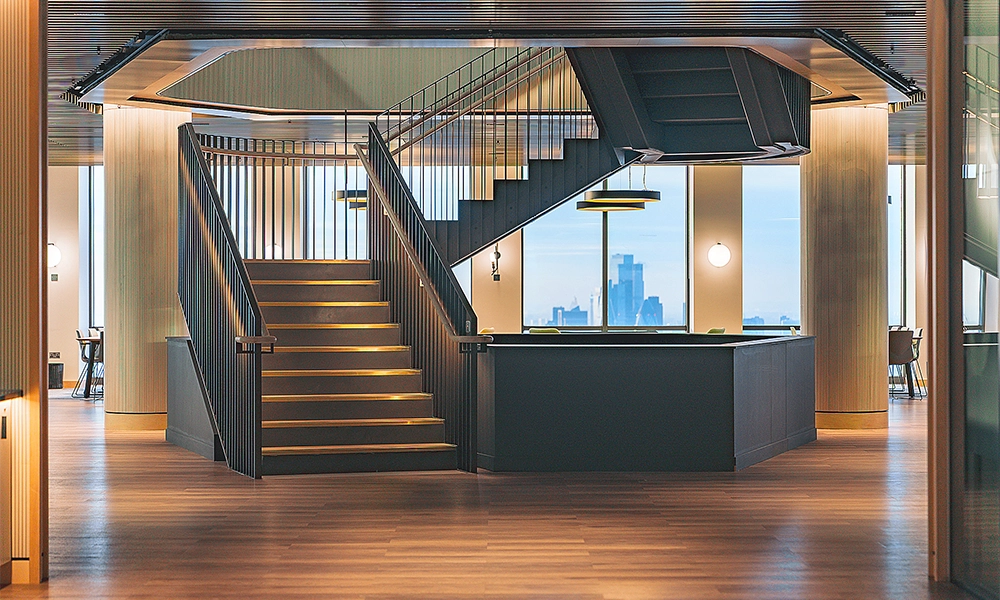
expanding opportunity
Susan said being a part of the wider estate was attractive to students, given its offering.
“Being in Canary Wharf offers a huge number of opportunities, both for us and our students,” she said.
“They are part of a thriving neighbourhood that provides everything they need.
“There are lots of things for them to do here – sports facilities and arts facilities, for example.
“A lot of our students also use our main campus in Bloomsbury too but, with the students’ union presence here and our expansion over the next few years, we’ll have a range of activities on-site, as any other campus would do.”
UCL is an increasingly potent presence in east London with two campuses in Stratford playing a major part in the East Bank cluster.
As well as benefiting from interplay with those, the School Of Management also stands to gain from the arrival of Urbanest, a complex of three towers built beside Trafalgar Way just off the Wharf’s eastern edge.
When they open later this year, the facility will be the largest student accommodation building in the capital with 1,672 student beds, 80 residential flats and a Drive-Thru McDonalds expected to open on its lower level in place of the restaurant that once occupied the site.
“This new accommodation means our students will be able to live and study in close proximity,” said Susan.
“As a university, we’ve consciously taken the decision to build around the locations we have in east London and, as we’re growing at Canary Wharf, it’s made sense to take more space in the tower too.”

shifting focus
The school offers a wide range of courses at both undergraduate and postgraduate level. In addition to degrees in such areas as Information Management In Business, Management Science and International Management, new undergrad courses for 2026 include Management For Social Change and Technology And Innovation.
“We have something to offer people whether they are starting out in their careers or looking to maybe shift the focus of what they’re doing,” said Susan.
“Typically, the latter might be looking at our MBA programmes or more specialist areas to take a different path.
“For example, we run a course in using data to improve leadership – our MSc in People Analytics And Human-Centric Management.
“We’re always horizon scanning – networking with the business community, other academics and thinkers in various fields – to ensure what we’re offering is relevant.
“One thing that remains constant is the foundational skill of adaptability – we want our students to be independent and critical thinkers, to be flexible, so they can thrive as the world changes.
“They will need to do that much more than we have had to as their careers will likely be very different from the ones we’ve experienced or can imagine.”

an attractive location for UCL
As one of the world’s top university’s, UCL attracts students from across the world.
“A large proportion of those studying with us in Canary Wharf are international and come from a diverse range of countries,” said Susan.
“I think they feel at home in the environment we’ve created here.
“We feel we provide an excellent student journey, but it’s not just about what happens in class.
“They have access to some amazing opportunities and a wonderful peer group, which will hopefully be with them for life.
“They also have the chance to work with businesses on the Wharf and we are engaged in projects with a number of local companies.
“We also run a summer school with Canary Wharf Group and I’m a trustee of the University Schools Trust which supports primary and secondary education in Tower Hamlets so we have links to the community here too.
“I’m most excited about the school having a critical mass here and becoming a fully fledged campus. It will be even more of a destination for staff and students.”
key details: UCL School Of Management
You can find out more about UCL School Of Management in Canary Wharf on the university’s website, which includes a full list of courses available.
Read more: How Vintners Lanes blends wine and bowling in Greenwich




